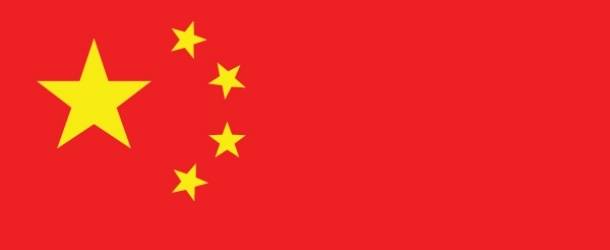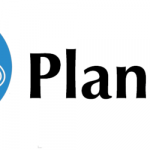Prisco: China is the Quantum Competition We Can’t Ignore

(Forbes) John Prisco, Security CEO and Founder of Safe Quantum Inc. warns that the United States is not winning in quantum computing–instead the US is competing for second.
In the race for quantum mastery, the risks to corporate intellectual property, personal data and mission-critical systems will only increase the longer the United States allows China to extend its lead.
Prisco compares a market;s key differentiators to the United States and Chins: people, products and processes.
People: Siphoning Off Key Talent:
China has been aggressive about finding and recruiting world-class talent, including some of America’s best and brightest.
In fact, the Chinese government has developed more than 200 recruitment programs, perhaps foremost among them the Thousand Talents Plan, launched in 2008 specifically to attract U.S. researchers and scientists.
And it’s not just American personnel going east. A recent study of AI found that among leading Chinese experts, 56% of them had studied, worked or lived in the United States.
Products: Committed To Quantum Research:
The U.S. government isn’t doing itself any favors either. On one hand, the National Science Foundation and private donors have invested more than $625 million to create quantum information science research institutes nationwide, clearly seeing the value in expanding exploration of quantum technology.
Yet, the National Institute of Standards and Technology (NIST), which is focused instead on applying mathematical algorithms to quantum cryptography, has decried some quantum-based encryption solutions.
This math-based approach to computer security has been the standard — before quantum computing. And a multimodal “defense in-depth” strategy always makes sense.
Processes: Bringing Quantum Solutions To Market:
China has done something remarkable over the past 10 years. Compared to U.S. filings, China has gone from a huge deficit, filing almost 33,000 fewer patents in 2010, to finally surpassing the U.S. in 2019, submitting 58,990 patent applications, compared to 57,840 for the U.S.
Specific to quantum-related patent filings, at least for now, the U.S. is maintaining the advantage. This analysis of European Union patent data shows that the U.S. overwhelmingly leads the rest of the world in converting research into possible commercial applications.
The fight isn’t over. If anything, China has proven it knows how to turn the tide.



















